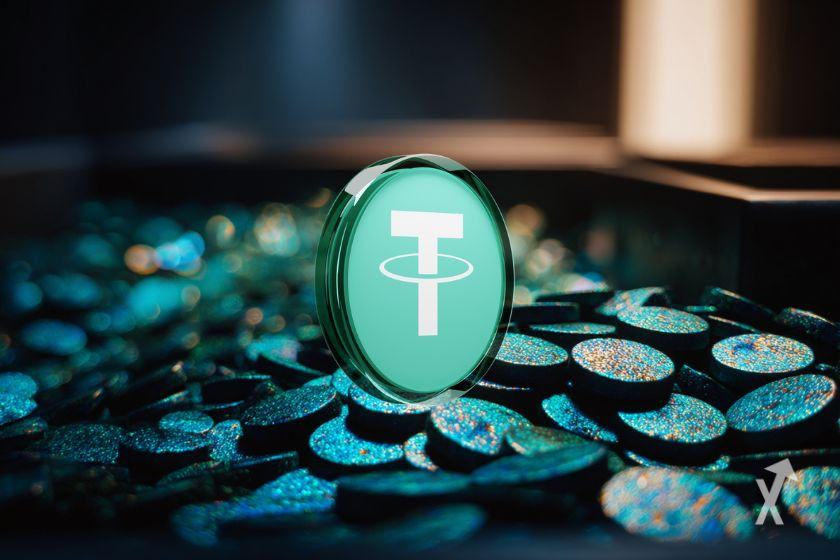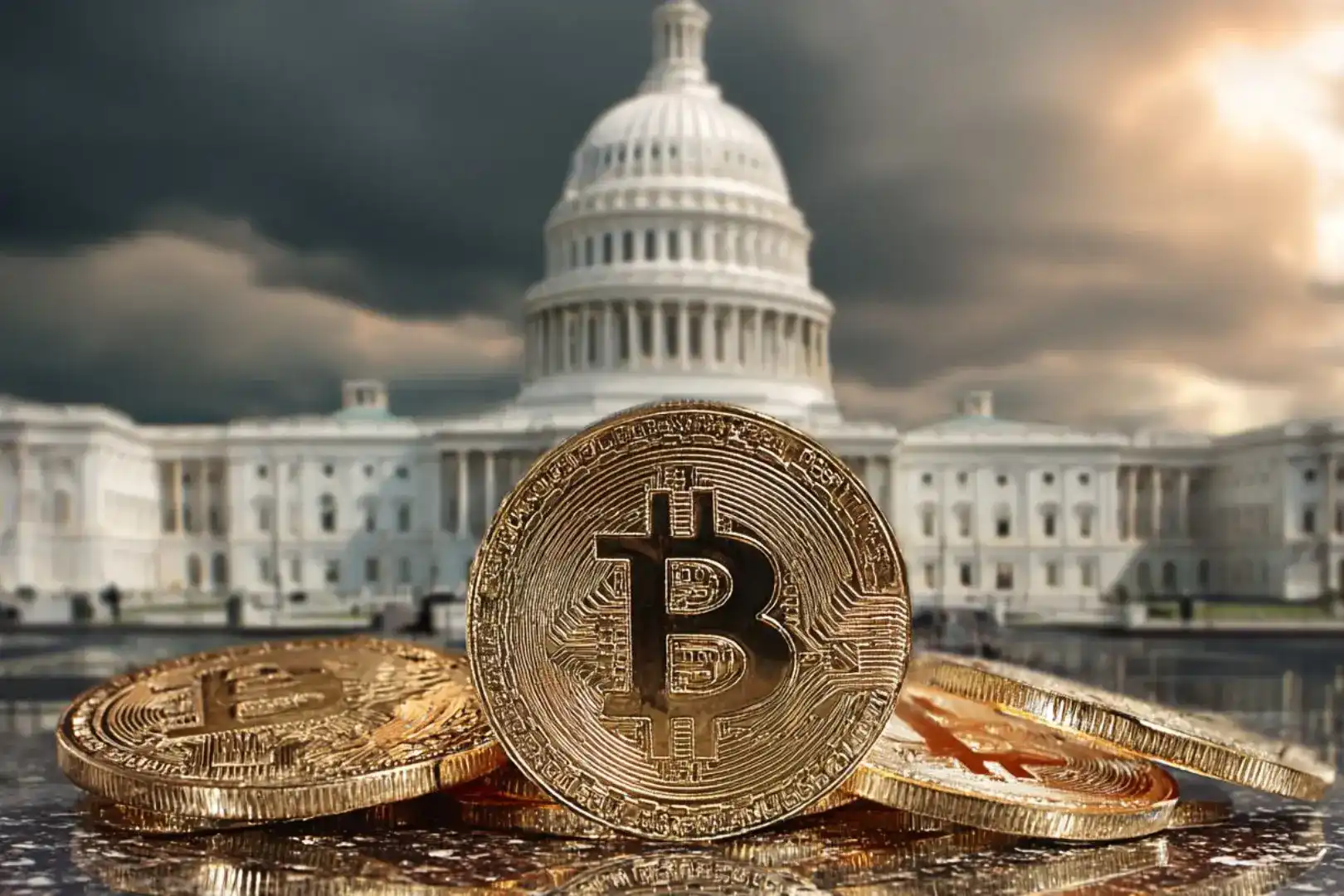Analyst points to Vultisig's $VULT cryptocurrency as promising even in a bear market
- VULT token will be launched this Monday (27) and listed on Kraken
- Project promises to revolutionize crypto wallet security with MPC technology
- Michael van de Poppe sees similar potential to $RUNE in previous cycles
Even during a period of weakness in the altcoin market, the launch of Vultisig's $VULT cryptocurrency has been attracting attention among analysts and investors. The token will be listed on the Kraken exchange on October 27, marking the official start of its global trading.
According to trader and analyst Michael van de Poppe, the current bearish scenario could represent an opportunity:
"The markets are extremely bad for altcoin holders. And when that's the case, it presents an opportunity. In this case, the launch is being made at a significantly low valuation. Honestly, $RUNE was one of the strongest cycles of the previous cycle, and I think $VULT has a great thesis to become one too," he wrote on X (formerly Twitter).
$VULT is launching tomorrow.
One thing that I do know is that the markets are extremely bad for #altcoin holders.
And when that's the case, then that provides an opportunity.
In that case, it's launching at a significantly low valuation.
Honestly, $ RUNE was one of the… pic.twitter.com/MSGgjKH8O6
- Michaël van de Poppe (@CryptoMichNL) October 26, 2025
Vultisig, a startup founded by the founders of THORChain, develops a multi-chain, multi-factor, seed-phrase-less cryptocurrency wallet based on MPC (Multi-Party Computation) technology. The goal is to offer a more secure self-custody system compatible with networks such as Bitcoin, Ethereum, Solana, and Cosmos, eliminating the need for specialized hardware devices.
According to the project's whitepaper, VULT will have a total supply of 100 million tokens, distributed as follows:
35% for launch liquidity, 30% for investors, 17,3% for the team (with a 4-year vesting), 10% for IOU claim, 6% for airdrop and 1,7% in partnership with CoinMarketCap.
The launch will occur at a relatively low FDV (Fully Diluted Valuation), and the team claims to have a runway of over three years of development already funded. The combination of low valuation and strong technical foundation puts the token on the radar of medium- and long-term investors.
For the community, VULT symbolizes more than just a new digital asset—it's a bet on a new generation of smart wallets, prepared for the era of AI agents and true self-custody.
Disclaimer: The content of this article solely reflects the author's opinion and does not represent the platform in any capacity. This article is not intended to serve as a reference for making investment decisions.
You may also like
A $500 billion valuation giant is emerging
With a valuation comparable to OpenAI and surpassing SpaceX and ByteDance, Tether has attracted significant attention.

Prediction markets meet Tinder: Can you place bets on Warden's new product by simply swiping left or right?
No need for chart analysis, macro research, or even inputting the amount of funds.

Why does bitcoin only rise when the U.S. government reopens?
The US government shutdown has entered its 36th day, leading to a decline in global financial markets. The shutdown has prevented funds from being released from the Treasury General Account (TGA), draining market liquidity and triggering a liquidity crisis. Interbank lending rates have soared, while default rates on commercial real estate and auto loans have risen, increasing systemic risk. The market is divided over future trends: pessimists believe the liquidity shock will persist, while optimists expect a liquidity release after the shutdown ends. Summary generated by Mars AI. The accuracy and completeness of this summary are still being improved as the Mars AI model is updated.

Jensen Huang predicts: China will surpass the United States in the AI race
Nvidia CEO Jensen Huang stated bluntly that, thanks to advantages in electricity prices and regulation, China will win the AI race. He added that overly cautious and conservative regulation in Western countries such as the UK and the US will "hold them back."
